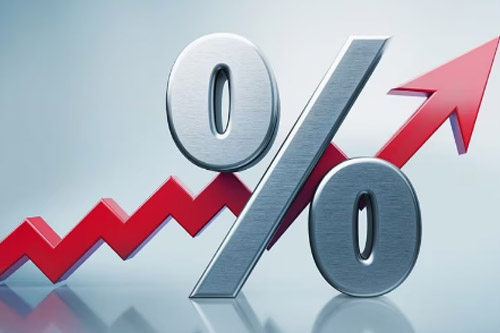Although most people realise that there are costs when someone passes away, they don’t necessarily understand what these costs are, when and how they need to be paid, and how much they will amount to.
Sarah Love, a fiduciary practitioner at Private Client Trust, a division of Private Client Holdings, unpacks and explains these costs.
Income and Capital Gains Taxes
“When a person dies their last income tax year ends on the day they die. The next day is the first day of their estate’s tax year and the estate is a new taxpayer,” explains Love.
“On this day there is also a deemed disposal of all assets, and this triggers Capital Gains Tax. There are exceptions to the rule such as when your surviving spouse inherits your assets, but the general rule is that you have disposed of all your assets at market value to your estate, and the Capital Gain is made in your last tax year. In this final tax year your Capital Gains Tax Exemption is R300 000, and any additional gain will be added at 40% to your taxable income.”
“Should your estate later sell the asset, the estate will also make a gain, and this will be included in your estate’s taxable income in the year it is sold. You and your estate’s income taxes are paid on assessment.”
Estate Duty
Love explains that Estate Duty is levied at 20% up to 25% on the net value of your estate.
“There are also deductions available depending on who is inheriting. Anything left to a surviving spouse or to a registered Public Benefit organization will be deducted before Estate Duty is calculated. Estate Duty is due to SARS on the anniversary of your death, thereafter interest will be charged,” says Love.
Administration Costs
Master’s Fees
“The Master’s fee is set by tariff and will be a maximum of R7 000. This is paid when the Liquidation and Distribution Account is accepted and permission to advertise is granted.”
Advertising Costs
“Your estate will need to be advertised at least twice in the Government Gazette and the local newspaper and this could be +- R 2000,” says Love. “The Government Gazette is R37.80, these are paid when they are incurred.”
Transfer Costs.
Love advises that if you own immovable property, there will be conveyancing fees to transfer the property to your heirs. This cost varies depending on the value of the property. There is no Transfer Duty on the transfer to your heirs.
“If the property is sold from your estate the purchaser will pick up these fees. The conveyancing fees are paid when the property is transferred once the Liquidation and Distribution Account has lain for inspection free from objection.”
“If you own any motor vehicles there will also be a cost to transfer these to your heirs. In this case there may be the additional cost of getting a road worthy certificate.”
Executors Fees
“The Executors fees are set at a maximum of 3.5% (Plus VAT if your executor is VAT Registered), however many Executors discount their fee depending on the nature and value of the estate,” explains Love. “These are paid when the Master approves the Liquidation and Distribution Account for distribution and the heirs are paid.”
“The above hopefully sheds some light of the costs of estate administration when someone passes away. It is best to chat to a registered fiduciary practitioner if you have concerns and queries regarding preparing for the costs of your or a family members death. They will be able to guide you through what to expect and what to budget for,” concludes Love.
Article: IOL





